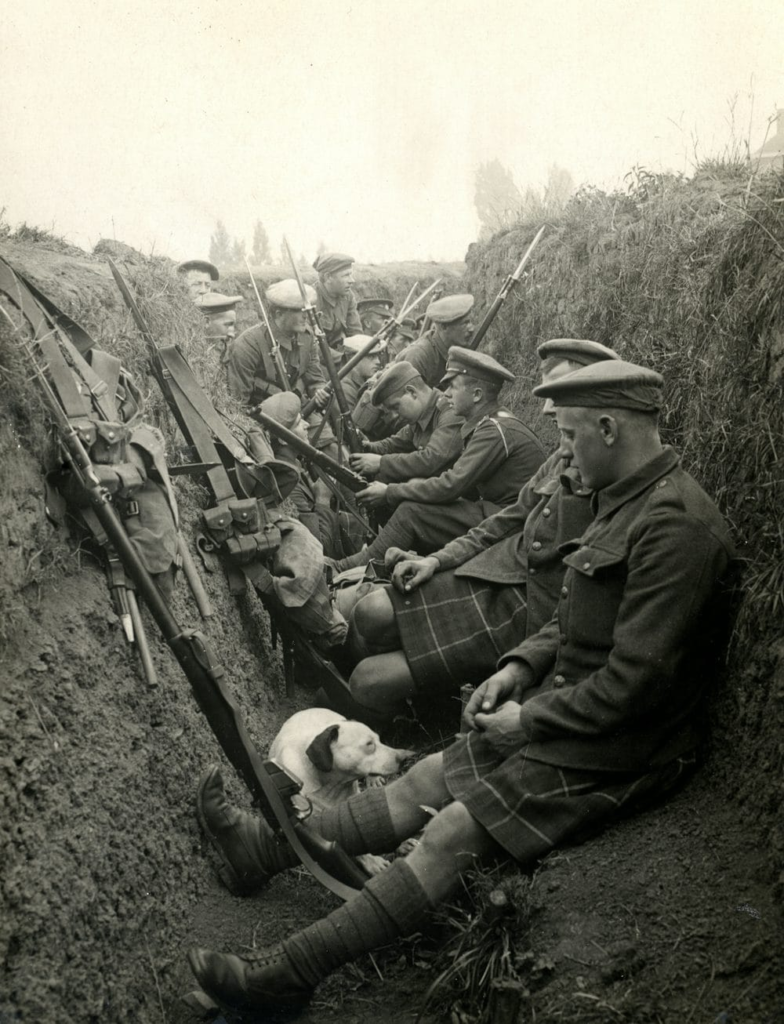
Team WorldWonderings :- Hello, friends 28th June 1914. A 19-year-old student at a school, assassinates the Austro-Hungarian Prince. And this one incident, triggered the war. A war that lasted four years. In which more than 20 million people lost their lives. A war, in which, several ancient empires came to an end. A war that was fought across multiple countries and continents.
Today, we know of this war as the World War I. Doesn’t it sound very sensational? Because of this one single event, World War I broke across the world. If we could go back to the past in a time machine, and if we could prevent this assassination, would there be no World Wars in the world? The reality isn’t this simple, friends.
Background information on Austro-Hungarian Empire
There was an Austro Hungarian empire in the middle, the empire was much bigger than the present size of the countries Austria and Hungary.According to this treaty, the Austro Hungarian empire was given the right to administer the region of Bosnia-Herzegovina temporarily.

But in October 1908, the Austro Hungarian empire annexed Bosnia-Herzegovina.The region of Bosnia-Herzegovina was under the Ottoman empire for 400 years, but instead of getting independence, another empire came in and captured them.People in the neighbouring country Serbia were also infuriated at seeing this happen.Serbia complained that the Austro Hungary empire wasn’t merely invading Bosnia, rather, they were invading the South Slavs.
Size comparison with present-day Austria and Hungary
Before capturing the country, the foreign minister of Austria-Hungary, had already spoken with the Russian foreign minister, asking Russia to refrain from objecting to it as they were giving them prior intimation of their capture.
So Russia told the Austro-Hungarian empire that Russia would annex the region.

How could they agree to the Austro-Hungarian empire getting control of Slavic people?It was 1909, the Austro-Hungarian empire turned towards Germany and asks them if they capture Serbia, and Russia comes to interfere, would Germany help the Austro-Hungarian empire?On the other hand, Russia asks France, Austro-Hungarian empire had first invaded Bosnia, and when Serbia objected to it, the Austro-Hungarian empire and Germany, had joined forces to attack Serbia.
Reaction of Austro-Hungarian Empire
Yugoslavia.What a beautiful name, Yugoslavia.But anyway, on 28th June 1914, the prince of Austro-Hungary, Ferdinand, with his wife, Sophie, went to visit the annexed territory in Bosnia.And so assassinated the prince of the Austro-Hungarian empire.The emperor of the Austro-Hungarian empire is enraged at the assassination.
Germany saw that Russia was taking arms against the Austro-Hungarian empire.And so Germany went to save the Austro-Hungarian empire.France reached there in support of Russia and Serbia.But it was Austria-Hungary and Germany that were invading Serbia.But because the Ottoman empire had enmity with Russia, the Ottoman empire reached in support of the Austro-Hungarian empire.

Impact of public opinion on the war
Many Indians went to participate in World War I on behalf of Britain.If something like this happens today, so many countries wouldn’t get into the war.They convinced people to go on a war for their country.The six great powers of the time, Britain, France, Germany, Austria-Hungary, Russia, and Italy, had combined military spending of around £94 million in 1870.
He was always worried about an attack on Germany by France, Britain or Russia.The Triple Alliance was formed in 1882, among Germany, the Austro-Hungarian Empire, and Italy.Among Great Britain, France and Russia.There were many people in these countries who were completely against the war.
These are the reasons friends that every soldier that fought in World War I, did not come under the influence of the terrible war mongering, and we witnessed several cases of mutinies, There was a case in France where an entire battalion gave up their arms because they didn’t want to fight in the war.In part 2 of this video, let’s talk about the countries that fought in World War II and the countries that won.